Spotting a mouse skitter across the floor is never a welcome surprise. And while traps and poisons are common go-tos, a lot of people prefer to start with safer, more natural methods—especially if there are pets or kids in the house. The good news is that there are quite a few simple, home-based solutions that can actually make a difference.
From scents mice can’t stand to everyday items you probably already have in your pantry, some of the most effective deterrents don’t require a trip to the hardware store. It’s more about consistency, a bit of patience, and knowing what actually works versus what just sounds good. If you’re looking to keep mice out without harsh chemicals, these methods are worth trying.
Peppermint Oil

Mice detest the strong scent of peppermint oil, making it an effective natural repellent. Place a few drops on cotton balls and strategically position them in areas prone to mouse activity. Refresh the cotton balls with oil every few days to maintain its potency. This method is not only simple but also leaves your home smelling fresh and invigorating. For enhanced results, consider planting peppermint around your home’s exterior. This creates an additional barrier against these uninvited visitors.
Cayenne Pepper

Spice up your mouse-prevention strategy with cayenne pepper. Sprinkle it generously around potential entry points, such as doorways and window sills. The intense aroma and spiciness act as a natural deterrent, discouraging mice from venturing inside.
The active component, capsaicin, irritates rodents’ nasal passages, making your home less appealing to unwanted guests. Refresh the pepper regularly to maintain its effectiveness.
Additionally, this method is safe for households with pets, ensuring your furry companions remain unharmed. A simple yet effective measure, cayenne pepper can be your ally against mice invasions.
Dryer Sheets

Dryer sheets not only soften your clothes but can also help repel mice. Place these sheets in common infested areas, such as storage closets and basements. The strong scent is unappealing to mice, making them think twice before nesting in your home.
Remember to replace the sheets every few weeks to maintain freshness and effectiveness. This method is particularly suitable for those who prefer fragrant surroundings.
Interestingly, the same chemicals that soften fabrics can discourage rodents. Keep your home smelling fresh while guarding against mice with this unconventional approach.
Steel Wool
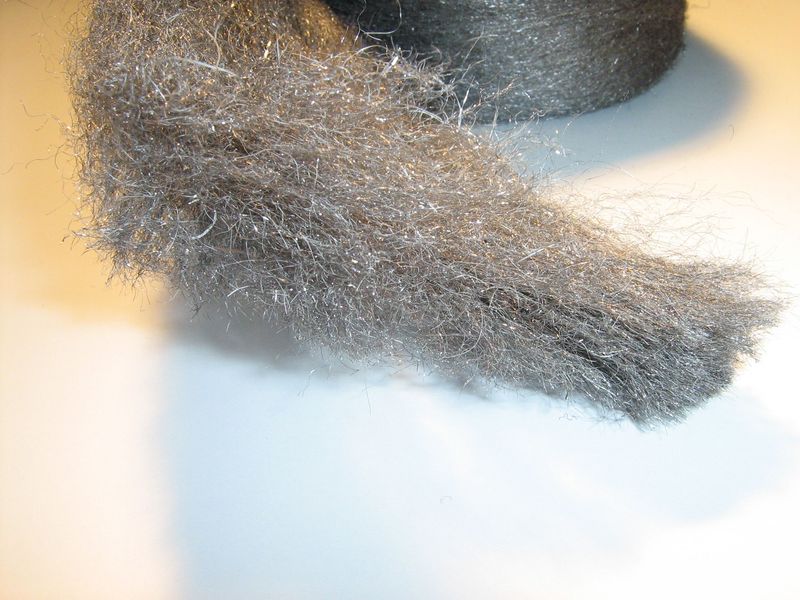
Steel wool acts as an effective barrier for sealing entry points that mice may use to enter your home. Its rough texture and durability deter mice from gnawing through it. Identify small holes and gaps around plumbing, vents, and other potential entryways. Stuff these openings with steel wool, and seal them with caulk for extra security. This combination provides a long-lasting solution to prevent mice from sneaking in. Regularly inspect and reinforce these seals to ensure continued protection.
Ammonia Solution
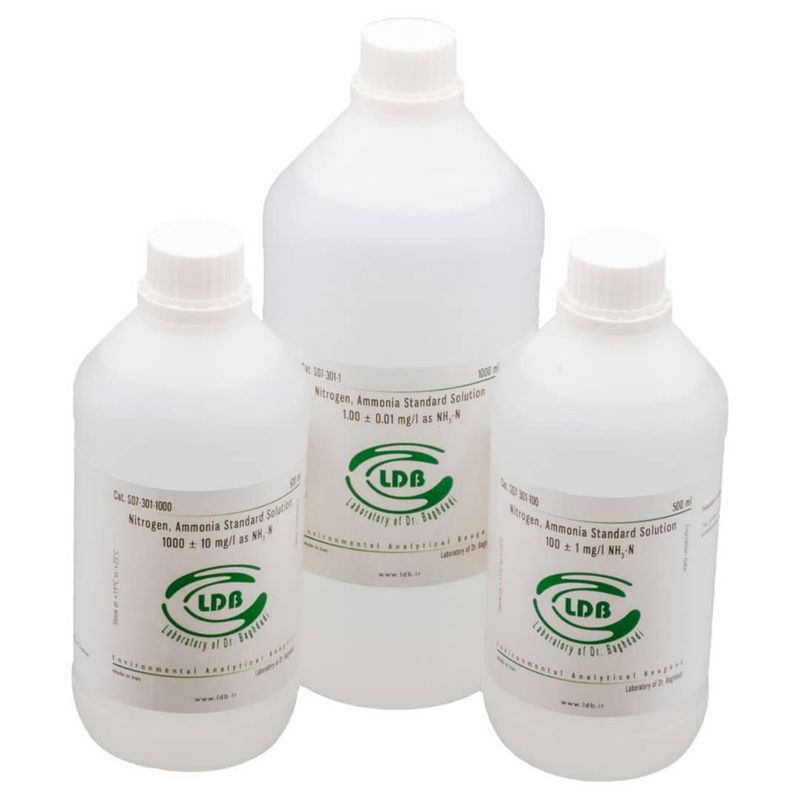
Ammonia can mimic the scent of predators, keeping mice at bay. Mix water and ammonia in a spray bottle, and apply it around entry points like doorways and crevices. The pungent odor is enough to send rodents scurrying away.
Ensure proper ventilation when using this method, as ammonia can be strong and irritating to humans as well. This solution provides a chemical-free alternative to traditional pesticides.
Regular applications, especially after rain, enhance its deterrent properties. Embrace this simple, cost-effective trick to keep your home rodent-free.
Cucumber Peels

Cucumbers offer more than a refreshing snack; their peels can deter mice. Place fresh cucumber peels near suspected mouse entry points. The bitterness and scent are off-putting, keeping rodents at a distance.
For best results, replace the peels every few days to maintain their potency. This eco-friendly solution is perfect for those seeking a green approach to pest control.
Fun fact: The cucumber’s bitterness is due to cucurbitacins, compounds that naturally repel pests. Enjoy a delicious salad and protect your home simultaneously!
Instant Potatoes
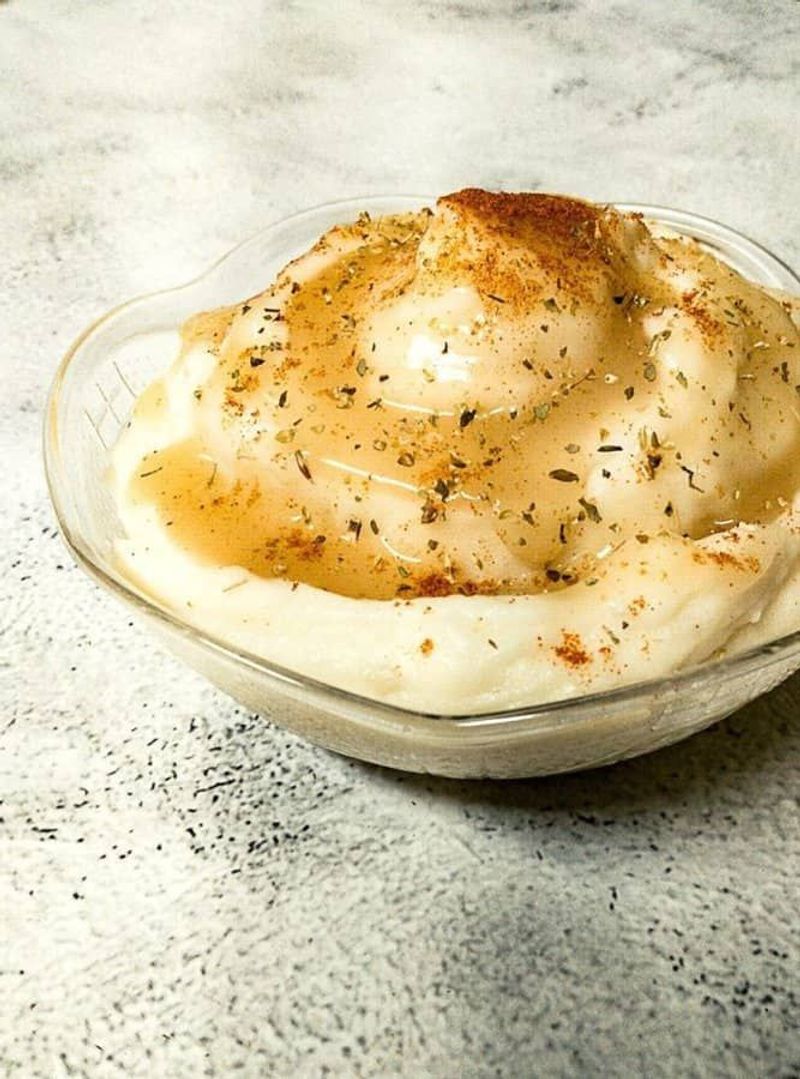
Instant potatoes can surprisingly aid in mouse control. Spread the flakes in areas where mice are active. When ingested, the flakes expand in their stomachs, proving fatal.
This method is both economical and non-toxic to pets and humans. It’s a discreet option for those who prefer not to use visible traps or poisons.
Remember to monitor and replenish the flakes regularly. An unexpected yet effective remedy, instant potatoes can help maintain a mouse-free environment.
Aluminum Foil
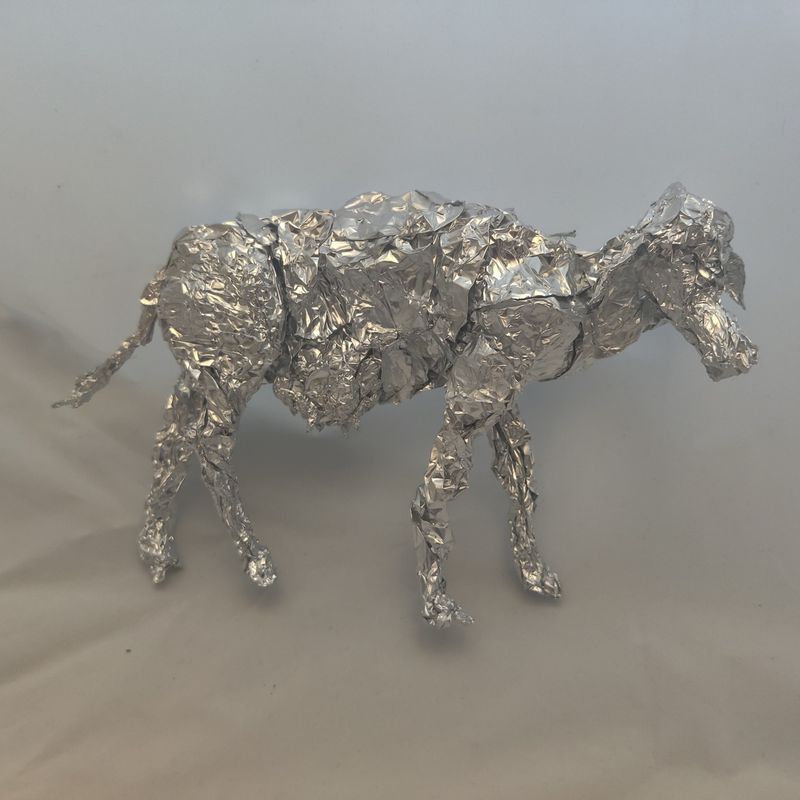
Turn household foil into a rodent deterrent. Crumple aluminum foil and place it in gaps and crevices that mice may use as entry points. The texture and sound of foil underfoot are unappealing to mice.
Aside from repelling rodents, foil can be used flexibly in various settings within the home. It’s a versatile, inexpensive alternative to more traditional methods.
Combine it with other strategies for enhanced protection against these tiny invaders. Simple yet ingenious, foil offers an unexpected barrier against mice.
Garlic Cloves
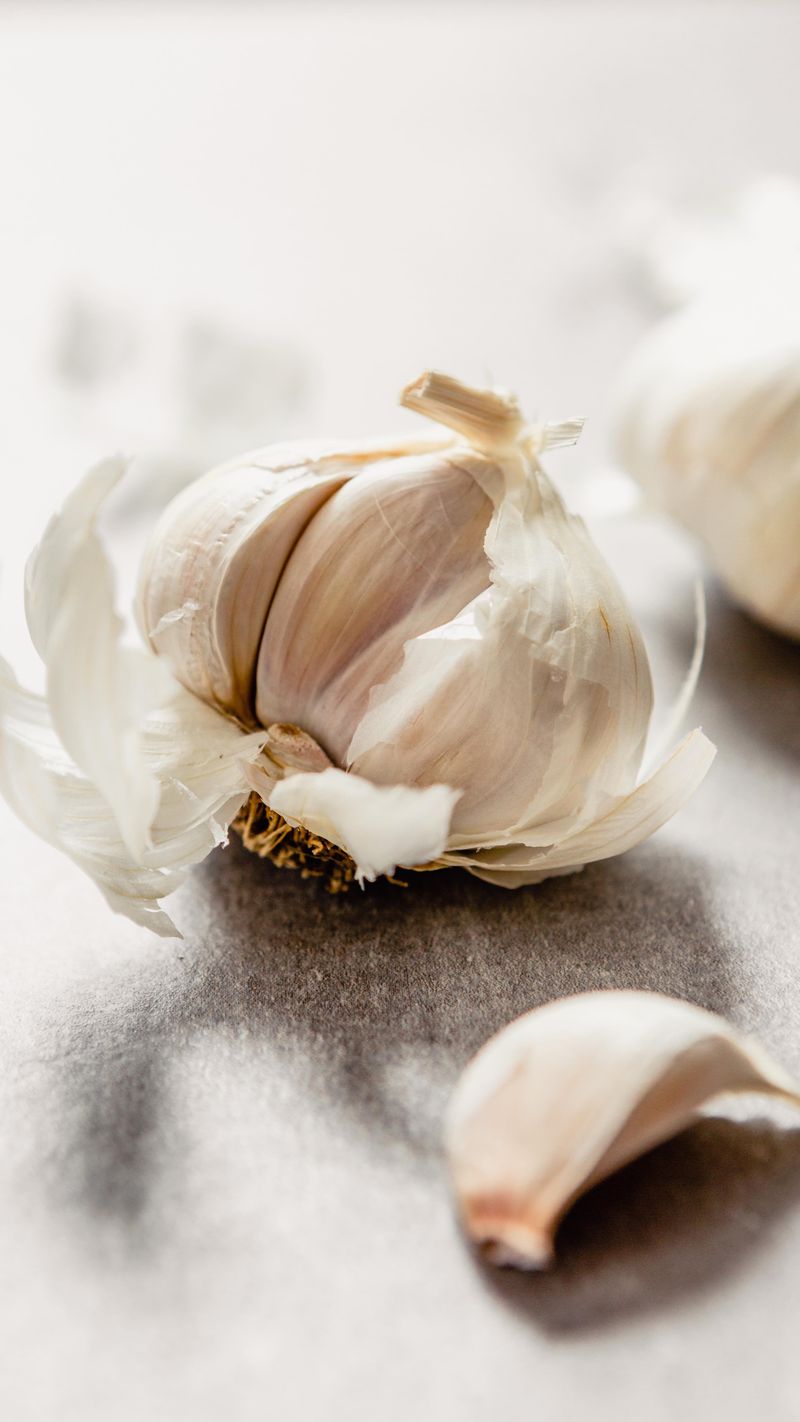
Garlic cloves can serve as a natural mouse deterrent. Their pungent aroma is unpleasant for mice, making your home less inviting. Crush a few cloves and place them near entry points or mouse-prone spots.
This method is not only effective but also adds a pleasant aroma to your kitchen. Refresh the cloves regularly to maintain their efficacy.
Garlic’s strong scent acts as both a culinary delight and a rodent repellent, offering a dual-purpose benefit for your household.
Apple Cider Vinegar

A mixture of apple cider vinegar and water can serve as a natural mouse deterrent. The strong scent is unpleasant to mice, discouraging them from frequenting sprayed areas. Mix equal parts vinegar and water in a spray bottle, and apply generously along baseboards and entry points. Reapply every few days to maintain its effectiveness. This remedy is easy to prepare and safe for households with children and pets. Tackle problem areas early to keep mice at bay.
Ultrasonic Repellents

Ultrasonic repellents emit high-frequency sound waves that are distressing to mice. These devices are simple to use and can cover a substantial area, making them perfect for larger spaces. Plug them into outlets in rooms that experience frequent mouse activity. While inaudible to humans and pets, ensure pets are comfortable with the device. This high-tech solution offers a non-toxic and maintenance-free way to deter mice, complementing other prevention strategies.
Cloves and Clove Oil
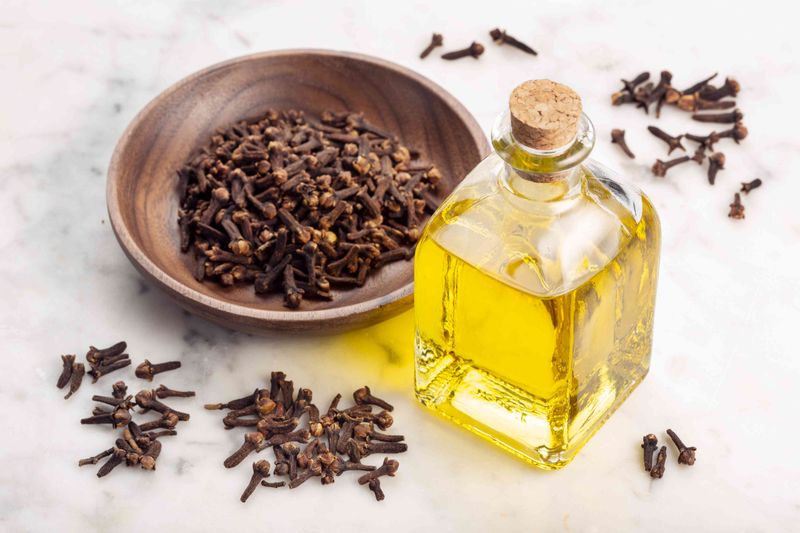
The strong aroma of cloves and clove oil can repel mice from entering your space. Sprinkle whole cloves or apply clove oil in cabinets, under sinks, and in corners. Refresh these scents every couple of weeks to sustain their effectiveness. This method is particularly useful for areas where food is stored. Not only do cloves act as a deterrent, but they also provide a warm, spicy fragrance to your home. Combine this approach with other remedies for comprehensive protection.
Onion Slices
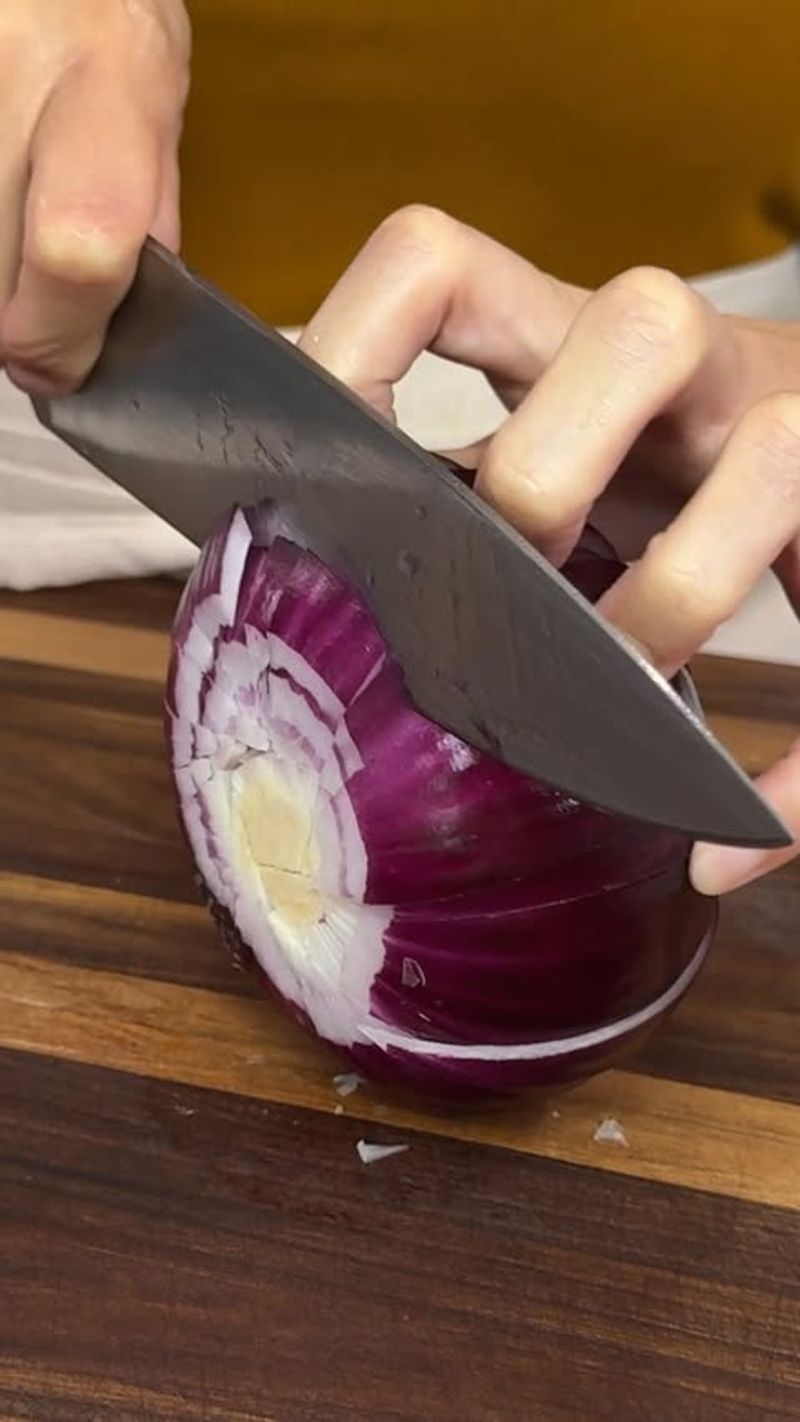
Onions have a pungent odor that can keep mice at bay. Place fresh slices in areas where mouse activity is suspected. Replace the slices every few days to ensure the smell remains strong. While this method is effective, caution is advised if pets or children are around, as onions can be harmful if ingested. This straightforward approach leverages a common kitchen ingredient to help deter unwanted guests without the need for chemicals.
Bay Leaves
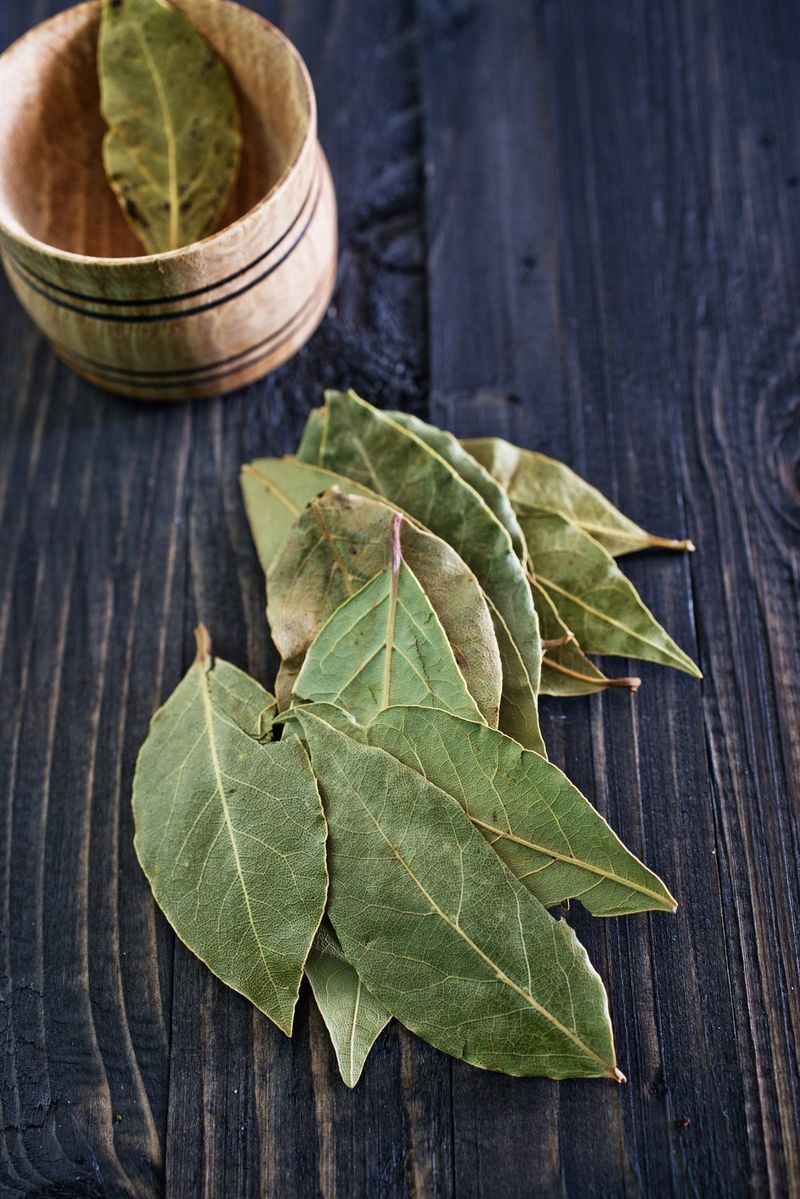
Bay leaves are a natural deterrent because mice find their scent repulsive. Scatter them around entry points and areas where food is stored. To maintain their potency, replace these leaves regularly. This aromatic herb not only deters mice but also adds a pleasant fragrance to your home. Incorporating bay leaves into your pest control strategy is a simple and eco-friendly solution. Enhance its effectiveness by combining it with other natural methods.
Baking Soda
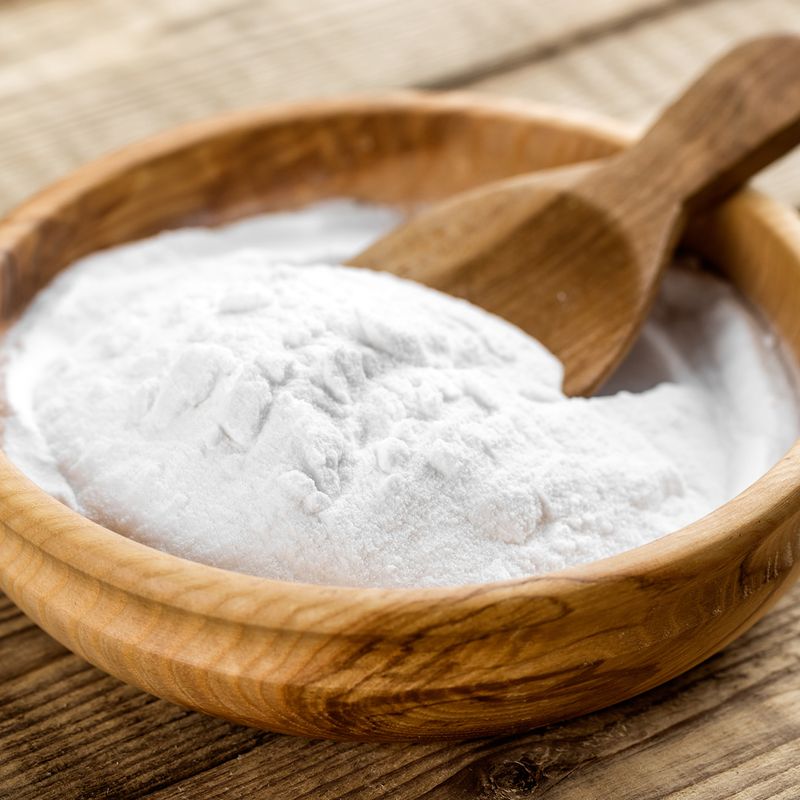
Baking soda can be used as part of a natural pest control strategy. When ingested by mice, it reacts with the acids in their stomachs, creating gas they cannot expel. Sprinkle baking soda mixed with sugar in areas of high mouse activity. This attracts mice while remaining safe for other household members. While effective, it’s important to monitor and refresh the mixture regularly. This method offers a cost-effective alternative to chemical poisons.

